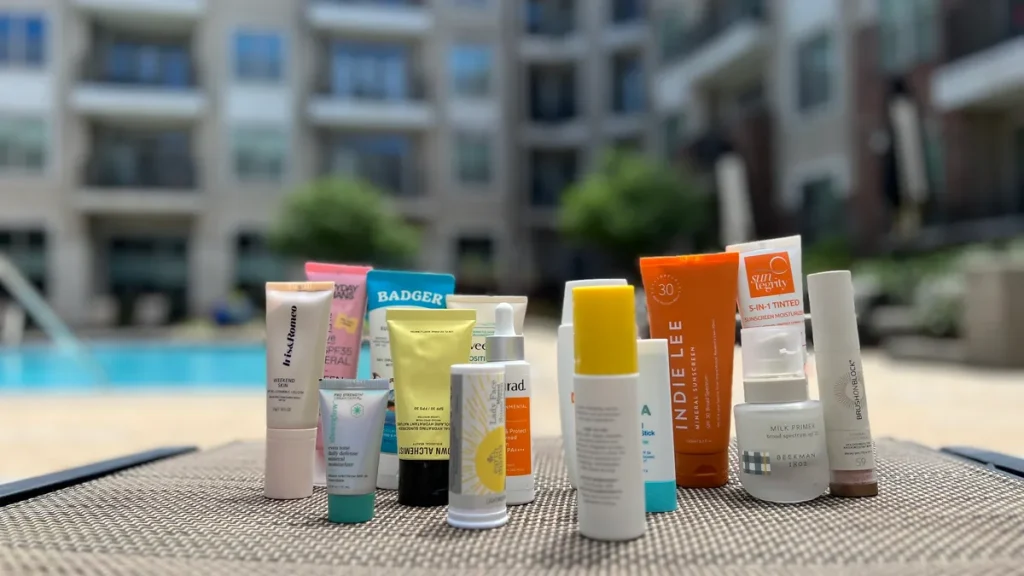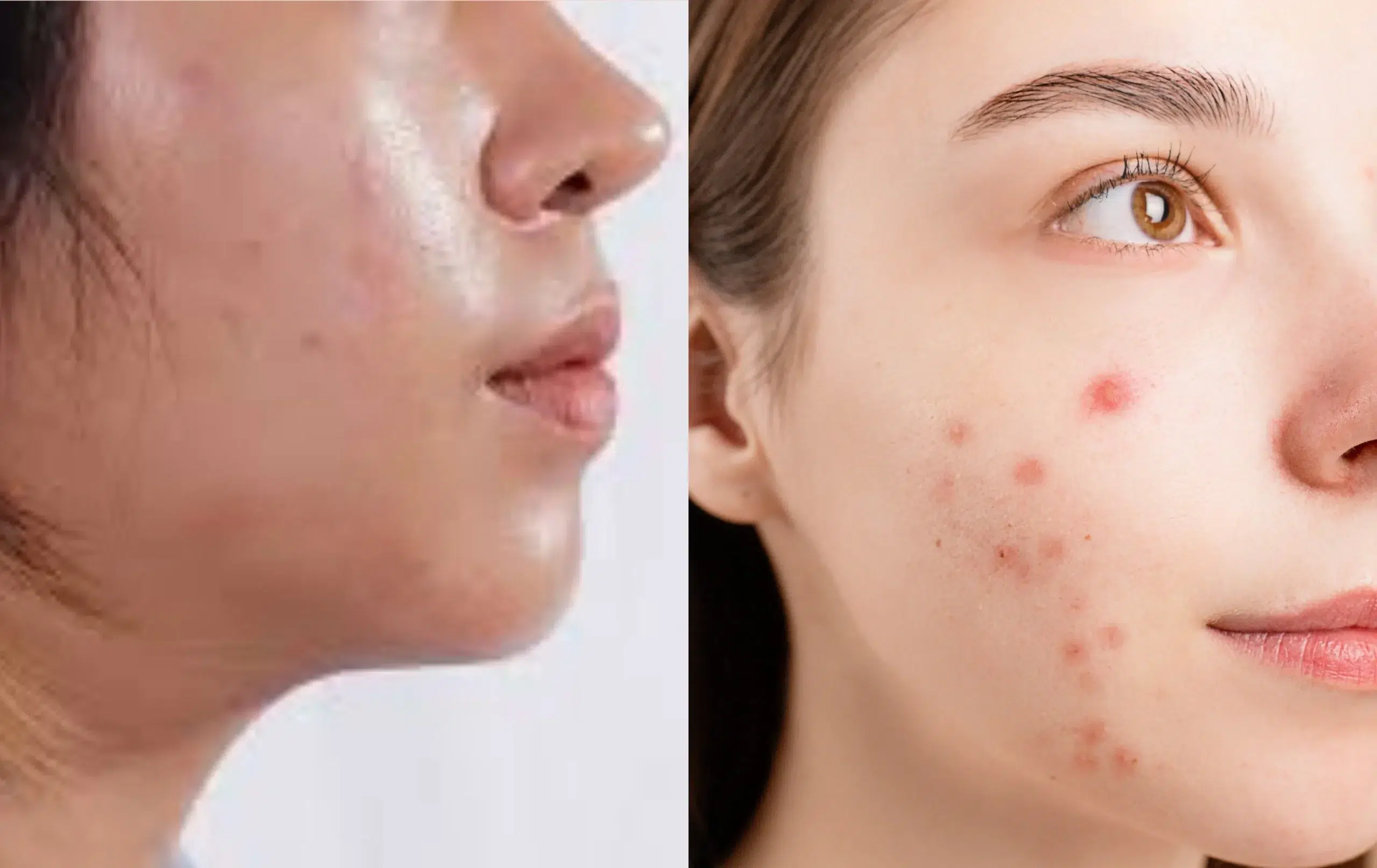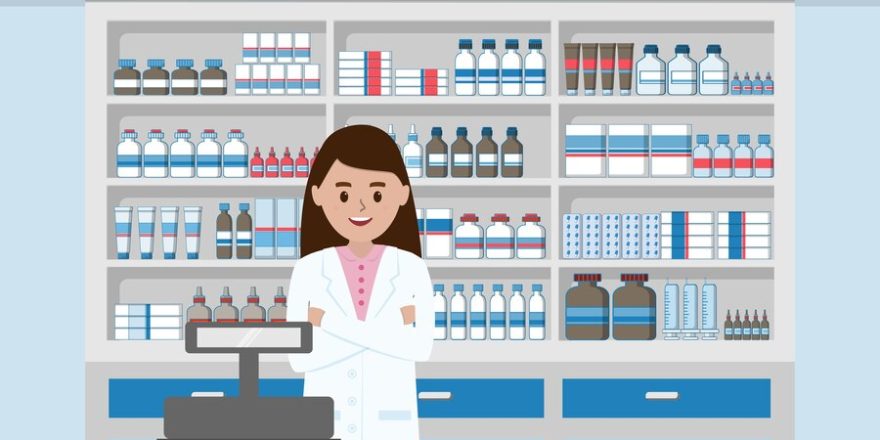Choosing the right sunscreen can be overwhelming, especially when dealing with acne-prone skin. Should you go for a chemical sunscreen or a mineral one? Both have their pros and cons, and the best choice depends on your skin’s needs. In this article, we’ll break down the differences, benefits, and drawbacks of chemical vs mineral sunscreen to help you make an informed decision.

1. What is Sunscreen and Why is it Important?
Sunscreen is your skin’s best friend when it comes to preventing sun damage, premature aging, and skin cancer. If you have acne-prone skin, it also protects your skin from post-inflammatory hyperpigmentation (PIH), which can make acne scars look worse.
2. Understanding Chemical Sunscreen
Chemical sunscreens absorb UV radiation and transform it into heat, which is then released from the skin. They contain active ingredients like oxybenzone, avobenzone, and octinoxate. These formulas are often lightweight and blend seamlessly into the skin.
3. Understanding Mineral Sunscreen
Mineral sunscreens, also known as physical sunscreens, sit on top of the skin and reflect UV rays. They contain active ingredients like zinc oxide and titanium dioxide. Unlike chemical sunscreens, they start working immediately upon application.
4. How Do Chemical and Mineral Sunscreens Work?
- Chemical sunscreens absorb UV rays and convert them into heat.
- Mineral sunscreens create a physical barrier that blocks UV rays before they reach the skin.
Think of it like this: chemical sunscreens work like a sponge, soaking up the sun’s rays, while mineral sunscreens act like a shield, bouncing them away.
5. Pros and Cons of Chemical Sunscreen
Pros:
✔ Lightweight and easy to blend ✔ Often contains added skincare ingredients ✔ Doesn’t leave a white cast
Cons:
✘ Can irritate sensitive skin ✘ Takes 15-20 minutes to work ✘ Some ingredients may clog pores
6. Pros and Cons of Mineral Sunscreen
Pros:
✔ Gentle on sensitive and acne-prone skin ✔ Works instantly ✔ Less likely to clog pores
Cons:
✘ Can leave a white cast ✘ Thicker texture may feel heavy ✘ Needs frequent reapplication
7. Which Sunscreen is Better for Acne-Prone Skin?
For acne-prone skin, mineral sunscreens are generally the safer choice as they are non-comedogenic and less likely to cause irritation. However, some lightweight chemical formulas can work well too.
8. Common Ingredients to Watch Out For
Avoid these if you have acne-prone skin:
- Oxybenzone (potential irritant)
- Octinoxate (can trigger breakouts)
- Fragrances and essential oils (may cause sensitivity)
9. Best Practices for Applying Sunscreen
- Apply two-finger lengths worth of sunscreen to your face and neck.
- Reapply every 2 hours if you’re outdoors.
- Use non-comedogenic formulas to prevent breakouts.
10. Myths About Sunscreen and Acne
🚫 Myth: Sunscreen causes acne.
✅ Truth: The wrong sunscreen can clog pores, but the right one can protect your skin.
🚫 Myth: You don’t need sunscreen indoors.
✅ Truth: UV rays can penetrate windows, so daily use is essential.
11. Hybrid Sunscreens: A Middle Ground?
Hybrid sunscreens combine both chemical and mineral filters, offering the best of both worlds—better blendability with a reduced risk of irritation.
12. Environmental and Health Considerations
- Chemical sunscreens may harm marine life 🌊
- Mineral sunscreens are reef-safe and eco-friendly 🌱
13. Top Dermatologist-Recommended Sunscreens
- EltaMD UV Clear Broad-Spectrum SPF 46 (Great for acne-prone skin)
- La Roche-Posay Anthelios Mineral SPF 50 (Lightweight mineral formula)
- CeraVe Hydrating Sunscreen SPF 30 (Hydrating with ceramides)
14. Conclusion: Which One Should You Choose?
Both chemical and mineral sunscreens have their advantages, but for acne-prone skin, mineral sunscreens are often the better choice. Look for non-comedogenic, fragrance-free formulas that suit your skin type.
15. FAQs
1. Is mineral sunscreen better than chemical sunscreen for acne-prone skin?
Yes, mineral sunscreen is typically better because it doesn’t clog pores or cause irritation.
2. Can chemical sunscreens cause acne breakouts?
Some chemical sunscreens contain pore-clogging ingredients that can trigger breakouts.
3. How often should I reapply sunscreen if I have acne?
Reapply every 2 hours, especially if you’re outdoors or sweating.
4. Do mineral sunscreens leave a white cast on darker skin tones?
Some do, but many newer formulations blend better. Look for tinted options.
5. Can I wear sunscreen if I have active breakouts?
Yes! Sunscreen can actually help prevent post-acne dark spots and scarring.
By making an informed choice, you can protect your skin from sun damage without aggravating acne. 🌞💖





